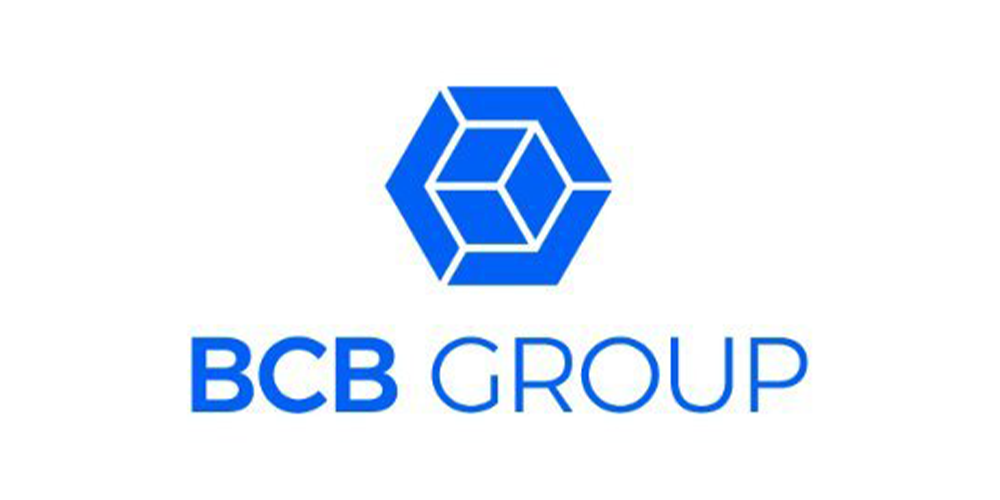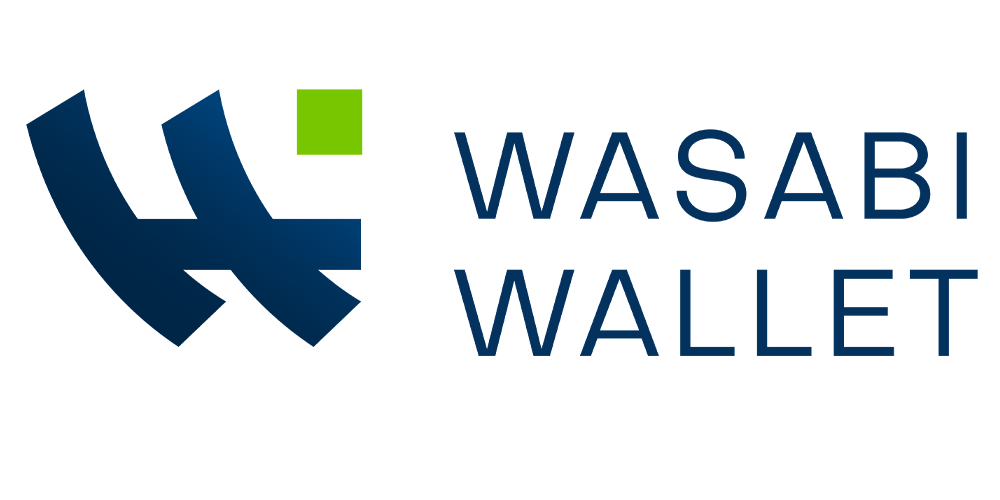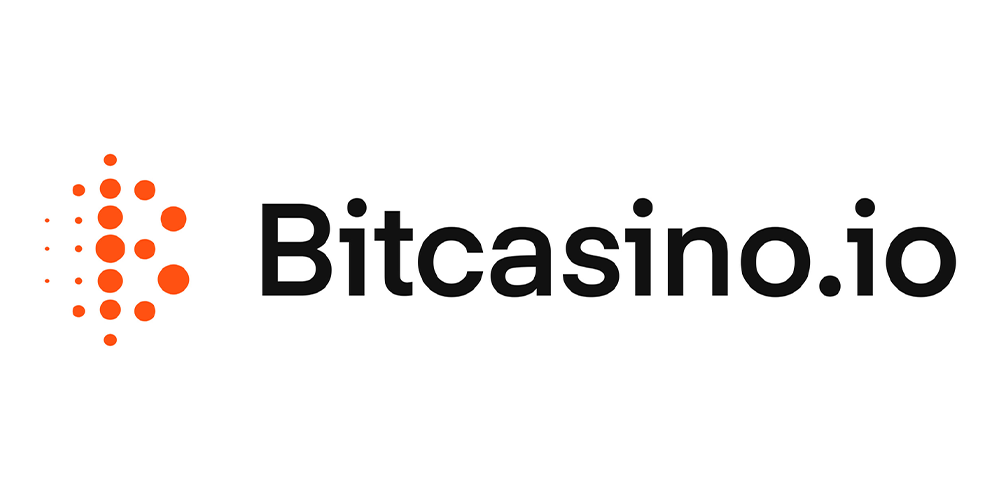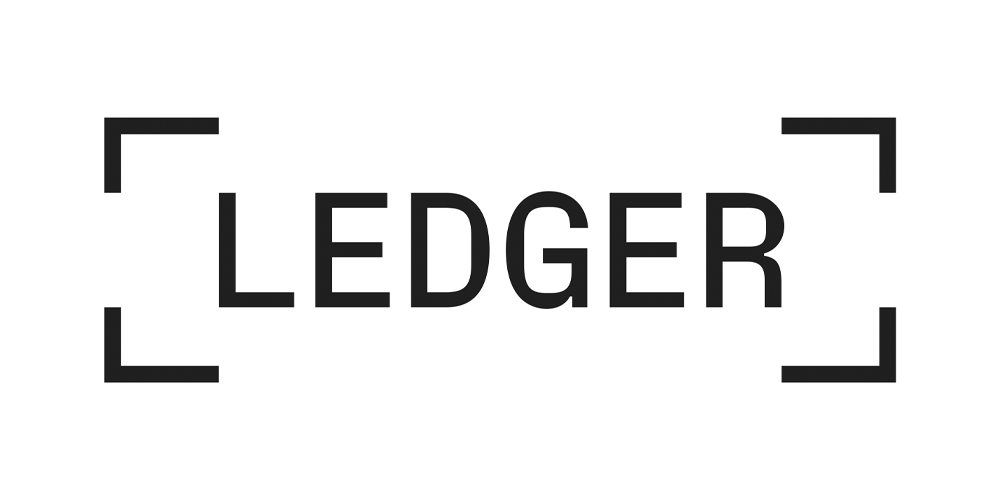Why Fiat Drives the Wealth Divide with Avik Roy
Where to find the show
Download Episode MP3 File
The file will open in a new window. Click down arrow to download the file.
“Free enterprise and individual liberty and innovation/entrepreneurship do actually increase prosperity for lower and middle-income people, they’ve done that all over the world; we’ve lifted a billion people out of poverty in India and China over the last 20 years...and we can do that again.”
SHOW DESCRIPTION
Avik Roy is president of the Foundation for Research on Equal Opportunity think tank and a policy Editor at Forbes. In this interview, we discuss how society can improve social mobility through free markets, individual liberty, innovation, social integration, energy freedom, housing growth and harnessing good deflation.
- - - -
America was built on the notion of social mobility. The ‘land of opportunity’ opened its arms to the world. And they came from all corners. Most arrived with little to their name. But countless stories of aspirational success followed. Hard work, tenacity, and innovation were rewarded. It wasn’t perfect, but the American Dream was a theme that built a new hegemonic power not on privilege, but on the closest any major power has come to meritocratic society.
That was America up to the 1970s. Since then social mobility has all but seized up, and has even started to decline. We are now entering a period when future generations are likely to be worse off than their predecessors. Is this because governments have failed? Are the libertarians right? Do we need to unshackle humans from collective interference? Or, is there a way for society to flourish with the help of institutional collaboration?
The Foundation for Research on Equal Opportunity (FREOPP) have a mission to expand “economic opportunity to those who least have it”. They provide policy advice on all the major areas of governmental concern: criminal justice, health, education, energy, finance, housing, trade etc. etc. The tools it advocates politicians use are individual liberty, free enterprise, technological innovation, and pluralism.
The aim is to make society more equal. Reducing inequality makes society more prosperous. American history is the best evidence for that. Misjudged policies and a reactive and intrusive approach from governments have allowed inequality to increase over the past decades. To change means that the status quo must be challenged.
Such change means looking forward not backwards. Whilst history can inspire, it doesn’t necessarily show the way. New ways of thinking must be embraced. The deflationary forces of innovation must be harnessed. And destructive polarisation must be defeated. American exceptionalism requires a renewed collaborative spirit. Bitcoiners can help drive that movement.
TIMESTAMPS
00:01:48: Introductions
00:04:14: The work of FREOPP
00:09:22: Improving equality in society, and Bitcoin inequality
00:14:18: The status quo vs the free market
00:20:47: UK pension bailout
00:26:01: Boom/bust cycles, and political cycles
00:33:30: Interest rates fluctuations, and high energy prices
00:40:56: Nuclear power, and state-owned energy
00:49:00: US housing, the Fed, and why experts fail
01:07:03: Social housing in the UK, and low-income groups
01:14:27: Dollar strength, and inflation vs deflation
01:27:45: Bitcoin regulation
01:32:41: Final comments
SUPPORT THE SHOW
If you enjoy The What Bitcoin Did Podcast you can help support the show by doing the following:
Become a Patron and get access to shows early or help contribute
Make a tip:
Subscribe on iTunes | Spotify | Stitcher | SoundCloud | YouTube | TuneIn | RSS Feed
Leave a review on iTunes
Share the show and episodes with your friends and family
Subscribe to the newsletter on my website
Follow me on Twitter Personal | Twitter Podcast | Instagram | Medium | YouTube
If you are interested in sponsoring the show, you can read more about that here or please feel free to drop me an email to discuss options.
SPONSORS
SHOW NOTES
Connect with Avik:
On Twitter
FREOPP on Twitter
FREOPP Website
FREOPP Newsletter
Mentioned in the interview:
UK price cap on household energy bills expected to cost £89bn - The Guardian, Oct 5th 2022
Why a 60/40 Portfolio Is No Longer Good Enough - Investopedia
How Richard Nixon Pressured Arthur Burns - Burton A. Abrams, Journal of Economic Perspectives, 2006
UK house prices expected to fall as mortgage rates soar - The Guardian, Oct 7th 2022
Jerome Powell Ditches ‘Transitory’ Tag, Paves Way for Rate Hike - Bloomberg, Nov 2021
German ex-Chancellor Schroeder leaves Russian oil firm - Al Jazeera, May 20th 2022
Examining some of Trump's deregulation efforts - The Brookings Institution, Mar 8th 2022
The Urgency of Rethinking U.S. Nuclear Energy Regulation - Grant Dever, FREOPP, Jul 30th 2022
Macron urges French to save energy, says ready to send gas to Germany - France 24, Sep 5th 2022
France’s EDF under pressure to end all outages of nuclear reactors - FT, Sep 2nd 2022
Affordable Housing in the 21st Century - Roger Valdez, FREOPP, Sep 6th 2022
Inside Harlow's office block 'human warehouse' housing - BBC, Apr 2019
Raj Chetty on Economic Mobility - Econlib - EconTalk, Aug 22nd 2022
UNCTAD warns of policy-induced global recession - UNCTAD, Oct 3rd 2022
Comparing the Speed of U.S. Interest Rate Hikes (1988-2022) - Visual Capitalist, Oct 6th 2022
Chart of the Day . . . or Century? - Mark J. Perry, The American Enterprise Institute, Jul 23rd 2022
U.N. Calls On Fed, Other Central Banks to Halt Interest-Rate Increases
House Stablecoin Bill Would Put Two-Year Ban on Terra-Like Coins - Bloomberg, Sep 20th 2022
Other Relevant WBD Podcasts:
WBD558: Can Bitcoin Fix the Political System? With Logan Bolinger
WBD542: Fractional Reserve, Base Money & Bitcoin with Matthew Mežinskis
WBD528: Everything You Know About the Economy is Wrong with Jeff Snider
WBD469: CBDCs: the Good, the Bad & the Totalitarian with Nik Bhatia
WBD449: Chaos in the Bond Market with Greg Foss & Lawrence Lepard
WBD445: Do We Really Understand Inflation? with Cullen Roche
WBD120: Brian Quintenz on How the CFTC Regulates Cryptocurrencies
WBD050: The SEC's Hester Peirce on Regulating Cryptocurrencies












